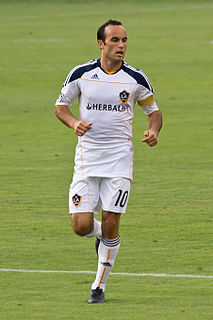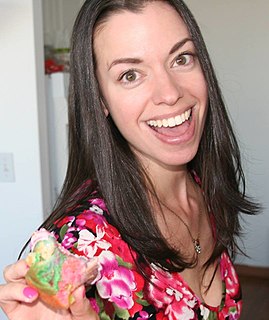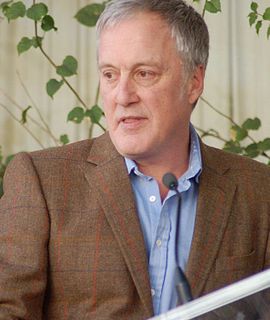A Quote by Suzanne Collins
Jackson has devised a game called "Real or Not Real" to help Peeta. He mentions something he thinks happened, and they tell him if it's true or imagined, usually followed by a brief explanation.
Related Quotes
The moment when a limit is reached, when there is nothing ahead but darkness: something comes in to help that is not real. Another way all this is like madness: a mad person not helped out of his trouble by anything real begins to trust what is not real because it helps him and he needs it because real things continue not to help him.
You can tell a book is real when your heart beats faster. Real books make you sweat. Cry, if no one is looking. Real books help you make sense of your crazy life. Real books tell it true, don't hold back and make you stronger. But most of all, real books give you hope. Because it's not always going to be like this and books-the good ones, the ones-show you how to make it better. Now.
Define self-awareness and tell me what it is about it that requires something more than a material explanation. I do not accept the burden of explaining all phenomena, real or imagined. If you think more than matter is required for this thing you call self-awareness, which you have not defined, then you have the burden of showing why.
I think of the snarling, cruel exchange back on the hovercraft. The bitterness that followed. But all I say is "I can't believe you didn't rescue Peeta." "I know," he replies. There's a sense of incompleteness. And not because he hasn't apologized. But because we were a team. We had a deal to keep Peeta safe. A drunken, unrealistic deal made in the dark of night, but a deal just the same. And in my heart of hearts, I know we both failed. "Now you say it," I tell him. "I can't believe you let him out of your sight that night," says Haymitch.
A kiss is the prize?’ he asked sadly. ‘Even more than giving me the rest of you? It should be the other way round, Princess. In the real world, it's called courting. You let a lad kiss you and then you offer him more.’ ‘Let me tell you something, Olivier,’ she said with tears of sorrow in her eyes, ‘this is my real world.
I am probably going to pay for this at some point, but I think pretty much everyone I come into contact with is fair game. So I use real names sometimes if the poem says it happened like that. It feels right if I use the real person I reference. Of course the poem is all lies, even when it's true, so I guess I can sleep at night.
I know what blood poisoning is, Katniss," says Peeta. "Even if my mother isn't a healer." I'm jolted back in time, to another wound, another set of bandages. "You said that same thing to me in the first Hunger Games. Real or not real?" "Real," he says. "And you risked your life getting the medicine that saved me?" "Real." I shrug. "You were the reason I was alive to do it.
When I started off in music, I started with a real innocence, a real love for the instrument, the writing the songs, the playing the songs and the sharing and the recording and experimenting. It was exciting. Then, this thing called success came, and something happened at some point where I became disenchanted, and I lost the innocence.
I want to tell Tobet about when i was standing in this exact same place last summer, wishing for him to be real. But it's hard to remember life before Tobey. He makes eveything seem possible. Like whatever you feel is true, really true in your heart, you can make happen. And you just know, when it happens, its for real. And there are a million possibilities. Like the possibility of going separate ways. Together.
So, you could often say things are terrible and that accounts for what happened, or things are really bright, and that accounts for what happened. Often, the real explanation for what happened is much more subtle and interesting and involves maybe small shocks or what a couple people did on a Wednesday morning that changed the arc of history.
The tools are real. The viewer is real, you, the artist, is real and a part of everything you paint. You connect yourself to the viewer by sharing something that is inside of you that connects with something inside of him. All you have as your guide is that you know what moves you. All you have to do it with is a brush, some chemical and canvas, and technique.



































